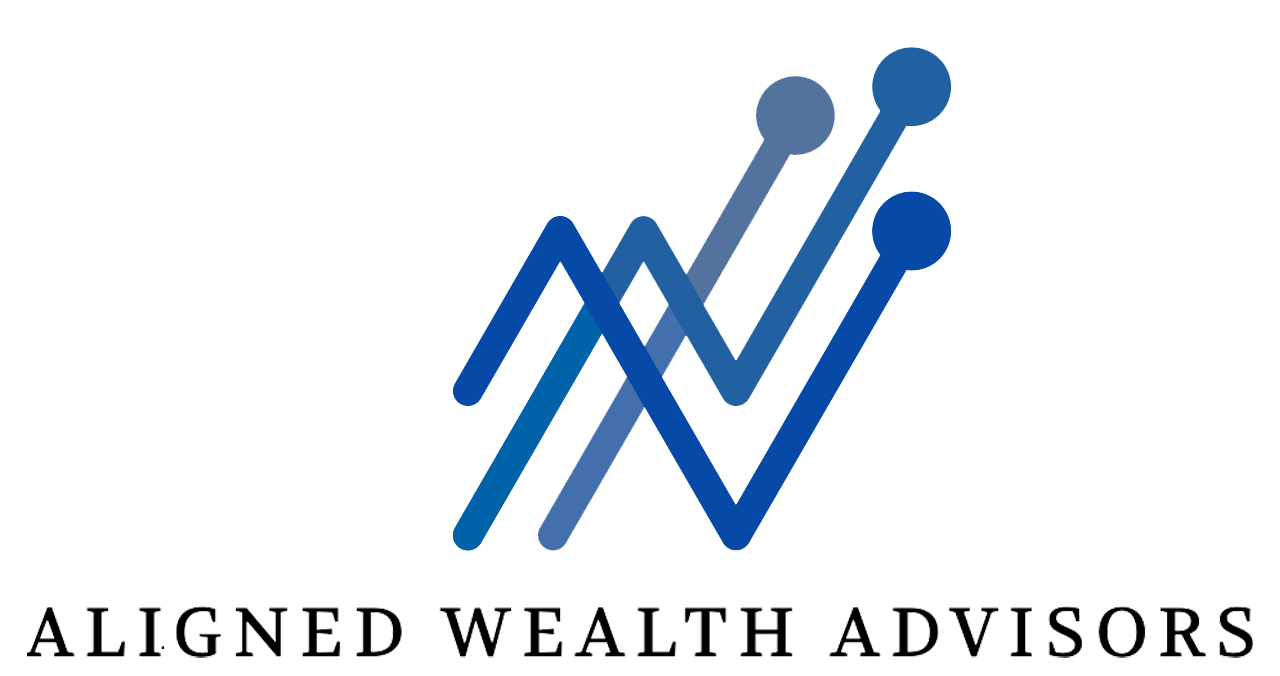How to Plan for Retirement: A Guide To A Happy Retirement

Does the thought of retirement scare you? Have you been putting it off for another day? The best time to start your retirement planning is now. The retirement planning process generally includes estimating your retirement expenses, including inflation taxes, and healthcare costs.
Follow these steps and you should be on your way to a happy retirement.
There are a number of common mistakes that people make when retirement planning. These include failing to start early, not saving enough money, and not diversifying their investments. If this sounds like you then read this short guide to help get yourself on the right path.
Why is Retirement Planning Important?
Retirement planning is important because it helps prepare you for a secure financial future. A retirement plan will help determine how much money you need to save and invest in order to maintain your retirement. It can also allow you to address potential future healthcare expenses and estate planning issues. You can set long-term goals and stay motivated to meet those goals. This will allow you to have adequate resources and enjoy peace of mind as you enter retirement.
3 Common Retirement Planning Mistakes
- Starting late
One of the most common mistakes that people make when planning for retirement is not starting early enough. This can lead to a shortfall, as it requires more time to accumulate the necessary funds to support oneself in retirement.
- Not saving enough money
Ensure that you are contributing enough to your investments each year to reach your retirement goal.
- Diversifying your investments
This helps to reduce risk and maximize returns. It is essential that you create a balanced portfolio that is diversified across multiple asset classes and sectors. This will help you to reduce portfolio volatility and provide the potential for higher returns.
The Retirement Planning Process
The retirement planning process begins with estimating your expected retirement expenses, and inflation-related expenses. Your financial adviser will guide you on how to factor in insurance costs and potential healthcare expenses associated with ageing. This includes contributions to retirement accounts such as 401(k) plans,
IRAs, and other tax-advantaged accounts, as well as non-retirement investments.
Saving for Retirement-Types of Savings Plans
Once you have identified how much you need to save for retirement, the next step is to focus on savings. There are a number of methods for saving for retirement, such as investing in mutual funds or ETFs. You can also consider how the tax treatment of certain investments may impact your overall savings. Experts suggest using other savings accounts or money market accounts as well. You can use this for emergency funds or for short-term goals. An easy way to do this is to set up automatic transfers to help you save regularly and reach your retirement goals.
Investing for Retirement-Types of Investments
The goal of investing is to grow your funds and create a source of income in retirement. Investing in stocks, bonds, and mutual funds can help you reach your retirement goals.
When you invest for retirement, it is important to diversify your investments. It is strongly advised that you consider your risk tolerance and investing horizon when making decisions about your retirement investments.
Keep in mind that inflation can erode the value of your investments over time. Taxes can also have a significant impact on your retirement savings. Some retirement accounts offer tax-advantaged status, while others may require you to pay taxes when you withdraw money.
By following the steps outlined in this article, you can ensure that you are prepared for retirement. Call us on (817) 238-1360 or EMAIL our team to plan your retirement. Book your appointment today.




